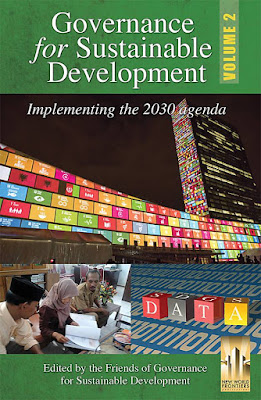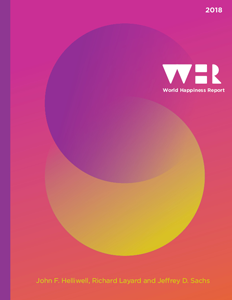Just out new Book: Governance for Sustainable Development Volume 2: Implementing the 2030 Agenda

The second book Governance for Sustainable Development Volume 2: Implementing the 2030 Agenda by the Friends of Governance for Sustainable Development which is coordinated by the governments of Germany, Nigeria, Romania and the Republic of Korea. This volume is edited by Akinremi Bolaji, Jens-Michael Bopp, Yeongmoo Cho, Cristina Popescu, David Banisar, Felix Dodds and Quinn McKew Achieving sustainable development requires an enabling environment. Governance plays a crucial role in creating those conditions, notably, for our purposes in the implementation of the 2030 sustainable development agenda process. From creating new platforms to reforming old ones, the process must live up to this standard and its mechanisms should be geared towards fostering this type of new international environment and cooperation for sustainable development. This is the second volume produced by the Friends Group. The first volume presented the period from late 2014 to the end of 2015. The Group also ha...





